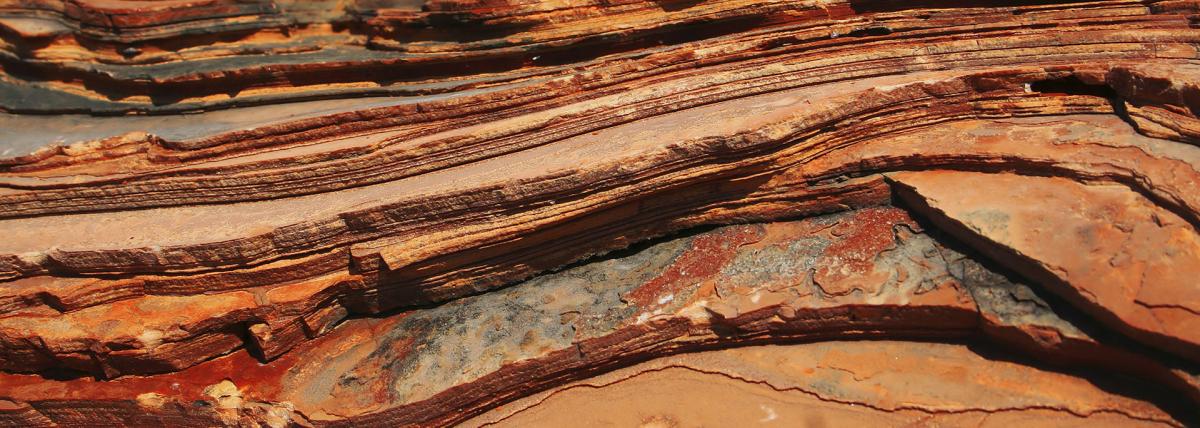
Students will explore weathering of solid rock and how it changes over time. They will use a sugar cube to represent the rock and test the effects of a rock at the top of the mountain and what occurs

Students will explore weathering of solid rock and how it changes over time. They will use a sugar cube to represent the rock and test the effects of a rock at the top of the mountain and what occurs

Students engage in science, math, and technology skills to analyze and interpret data about rain and weather across different regions.

This lesson compares and contrasts different hydroponic systems and their benefits and setbacks. Then, the plan walks the students through the hands-on activity of creating a Kratky bin for hydroponic

Stage one of a 4 stage project. Students will research crops and seasons to create a blueprint that will serve as the guidelines for building a small functioning farm.

Students will create 3D Models of a water form. Learners will record a photo of their model, write and type or record information about their model via iPad or tablet. Students will record a learning

Student groups research an energy resource topic and organize content in a slide presentation. Notes from group presentations are used to build a foldable.

This lesson takes place in a classroom over two weeks. Students may work in small groups of 2-3. Prior to the robotics challenge, teachers should facilitate student discussion through guided lessons

This ice core activity takes place within a lesson on climate change that utilizes PBS Learning Media. The teacher will build ice cores for students to investigate and gather data. Students will use

Students will create and study and ecosystem on a small scale with seeds.